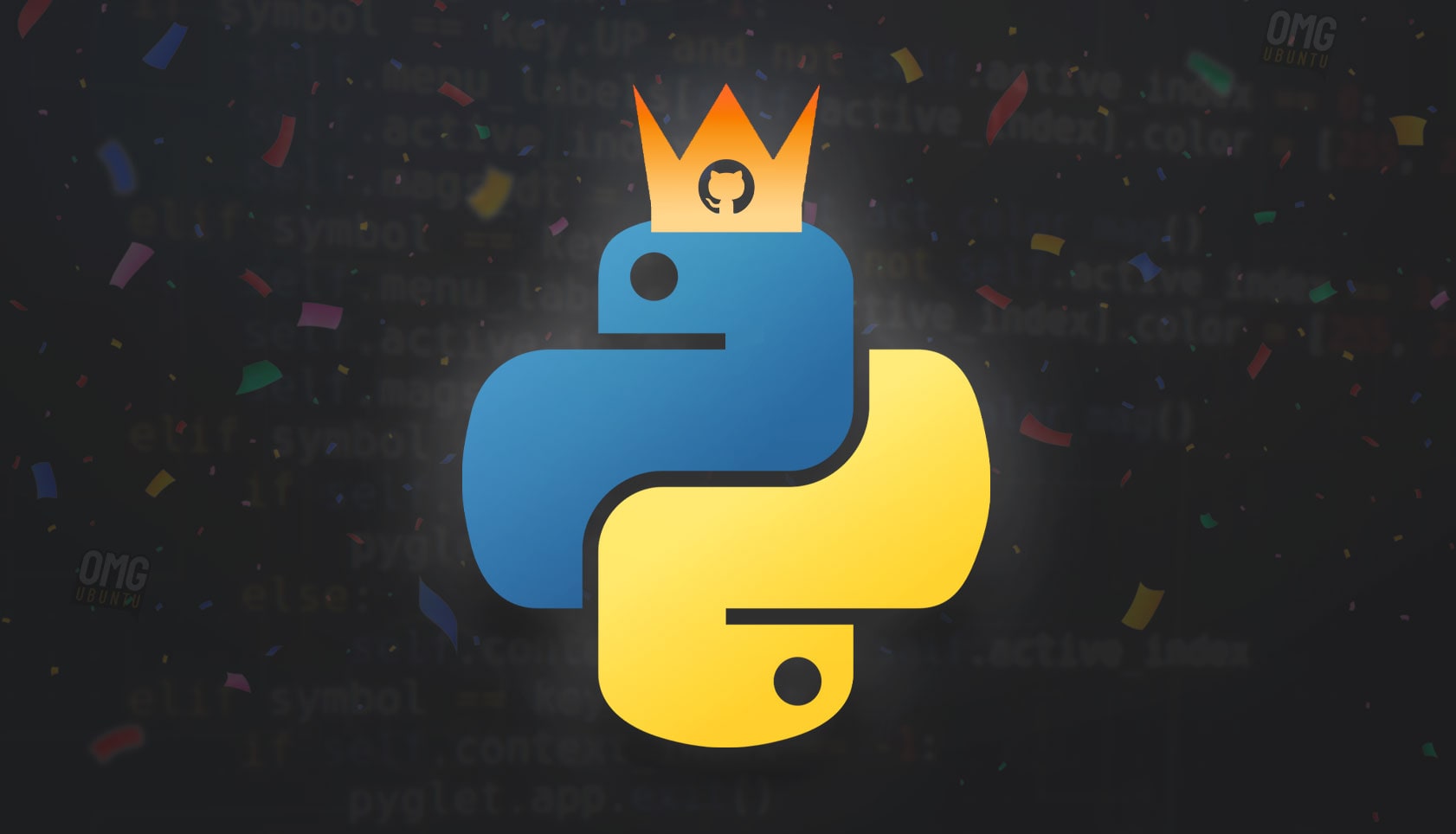deleted by creator
You need to get over the bloat of virtual environments. It’s the same as node_modules and it’s completely necessary if you want more than a single python project to live on your machine.
I personally use poetry as my dependency manager and build tool. It’s not perfect but it’s a lot better than pipenv or just rawdogging pip like a maniac. uv is the new hotness, but I haven’t tried it so can’t vouch. People seem to like it though.
JavaScript is also an interpreted language with tons of build tools. The reason to have one for python is mainly about packaging and code distribution, so same as JavaScript. If you want to distribute a program you probably don’t want to just point people to a GitHub repo, and if you want to publish a package on pypi it needs to be bundled correctly.
For ecosystem there isn’t much I can do for you, it completely depends on what you’ll be working on. Baseline you want
pydanticfor parsing objects, assuming some APIs will be involved. You wantblackfor code formatting,flake8for linting,pytestfor testing. If you’re gonna write your own APIs you can’t go wrong withfastapi, which works great with pydantic. For nice console stuff there’sclickfor building cli apps andrichandtextualfor console output and live console apps respectively.People are actively trying to replace flake8 and black with feature compatible stuff written in rust but again I haven’t tried those so can’t vouch.
Coming from react you’re gonna need to pretty quickly switch gears to thinking more object oriented. You’re gonna be annoyed at how you can’t just quickly declare a deeply nested interface, that’s just how it is. The biggest change other than object oriented thinking will probably be decorators. Typescript had them experimentally and only for classes, python has them for classes and functions natively. They’re a bit tricky to wrap your mind around when you want to write your own, but not too bad. A lot of Google hits will be outdated on this front. Google specifically “decorators ParamSpec” to see how to make them properly.
Good luck in your new job, you’ll be grand!
uv
Everything else feels 4 to 15 years behind.
I can’t stand the bloat of virtual environments
Sucks to be you, but virtual envs are THE way to keep everything running on your own machine. You can try to keep everything in a single venv, but then you’ll start wondering why it doesn’t work on other’s machines.
built-in tools provided by the language
sqlite3module comes with Python. As does thejsonmodule. Usepathlib’sPathobject overos.whateverbecause the API is nicer to work with.abc(short for Abstract Base Class - abc, get it?) is useful for inheritance stuff. I like click, but there’sargparseif you need to write a CLI. Stay away fromasyncioif you can - it’s usually not faster and a bigger PITA than it needs to be. Need to transport a binary, but you can only send text?base64.import datetime as dtif your new friend when it comes to datetime objects - to be aware to keep things timezone-native. You’ll need pytz for that - Python doesn’t update fast enough to keep up to date with all the new timezone shenanigants. always check for missing timezones; they’ll cap your kneecaps and kick you in the balls if you’re not careful.httpcan be used to make calls to APIs though requests is a favorite; slapurllib3and you got yourself a sauce going on! Skiploggingand jump to a lib that supports structured logging,python-json-loggeris a nice beginner’s log lib, jump tostructlogif you need the raw power (say you want control over other people’s logging output).mathis a sleeper hit - powers, roots, floors, ceitings, andstatisticsis a nice addition on top of that together withrandomfor probabilistic stuff.multiprocessingif you need to run something concurrently:ProcessPoolExecutorfor IO, ThreadPoolExecutor for CPU bound stuff (IIRC).refor regex related stuff.uuidif you need a unique identifier (this can be slow in DBs, so take care!)ecosystem
PyPI (Python Packaging Index) if your new friend - pai-pee-ai; not paipai - that’s the JIT implementation of Python: pypy.
Use
pytestto run your tests,rufffor formatting (though I imagine it intimidating for beginners, better to bite the bullet (even if you nibble on it slowly),uvto track your dependencies and Python version.Yes, figuring out a nice configuration for these tools is a pain, but that’s what ChatGPT is for. Just don’t go too wild on the settings, as there are MANY, and if something doesn’t work because ChatGPT got a little outdated, it’ll hurt.
Anyway, that’s about 4 years of experience concentrated in a single page. If you ever feel like an imposter: that’s a common feeling: https://en.wikipedia.org/wiki/Impostor_syndrome If it’s hitting you on the head, see if you can talk with your seniors about it (presuming they’re sane adults) - otherwise there’s always Lemmy to vent :P .
edit: if you need to handle tabular data: Polars. If anyone recommends Pandas over Polars, hit them with a newspaper until they crawl back under the rock they came from. Unless it’s for GeoPandas, then it’s OK.
deleted by creator





